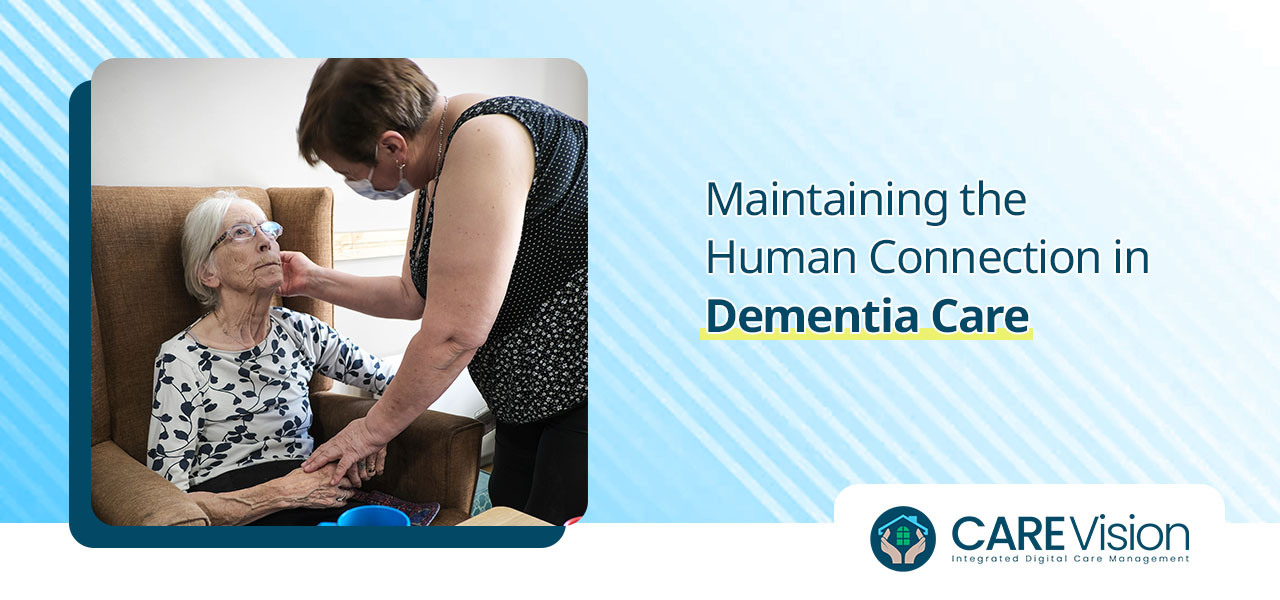Making sure that your care home residents eat properly and maintain their strength through a healthy and well-balance diet is very important. Not only do meal times provide people with the nutrients and vitamins they need to stay stronger, they offer a valuable socialising time for people who may or may not get a lot of visitors on a daily basis.
Residents normally look forward to meal times and have their own opinions on what they do and don’t like to eat. The best approach is to try and strike a balance between providing good nutritional value and offering interesting, tasty and visually appealing food and drink. Not always an easy task! Here are five ideas to help make your meal planning perfectly palatable and easy to digest.
Digital planning
Meal planning in a care home works best when the details can be recorded, stored and referred to easily and immediately. A top tip is to use care management software to plan the menu for the week, month or even whole season ahead. This will enable you to list ingredients for procurement and cost management purposes. You can also cross-reference chosen dishes with residents’ medical needs, allergies and personal preferences to avoid problems arising during or after meals being served. Digital medical records, eMAR functionality and feedback notes from the resident and their family can all help with this.
The spice of life
We all enjoy a good variety in what we have to eat, and this is especially important when planning meals for residents of care homes. Often, people find it difficult to eat if they are feeling unwell or have lost their appetite. Planning something that will tempt reluctant eaters can make all the difference to their recovery and ongoing health. Again, use care management software functionality to record what meals you have already prepared and make sure that you do not repeat the same ones too often.
Not just allergies
It is common practice to ensure that people are not presented with food and drink which they are allergic to, or which makes them unwell. However, there are other considerations to take into account when it comes to keeping care home residents safe in the dining room. Conditions such as diabetes or coeliac disease require special provisions and careful selection of ingredients. Additionally, always prepare soft food that is easy to eat for people who have difficulties swallowing, chewing or breathing. Choose colourful ingredients for those with visual impairments or dementia. Often, the visual stimulus will help people living with dementia to eat more than they otherwise would.
Special events
Don’t be afraid to unleash your creativity when meal planning in a care home. As well as obvious opportunities to celebrate festivals and fun occasions such as Christmas, Eid or Halloween Valentine’s Day, find out what people would like to eat on their birthday. Theme meals around sporting events, local celebrations, national awareness days and anniversaries. Choose a colour, letter of the alphabet or country to plan a week’s worth of meals around.
Don’t forget to reflect the seasons in your meal planning, choosing seasonal fruit and vegetables wherever possible. Let a resident be in charge of choosing all the meals for one day and share this around everyone who wants to take a turn. You will doubtless be surprised by how many secret Gordon Ramsays and Nigella Lawsons have been hiding away in your care home all this time…
Ask for feedback
Feedback is crucial when planning meals, as the people who sit down to eat them should have a say in what is on the menu. Talk to residents about the timings, contents, choices and portion sizes to check that they are happy with what is being served. As already mentioned, ensuring that people receiving care eat regularly and nutritionally is a key part of their treatment plan and long-term health and wellbeing.
Take all feedback seriously, both good and bad and discuss which changes can be implemented straight away and which ones might need some more planning to achieve. After all, we all prefer to have our opinions taken seriously. Care home residents will benefit from feeling listened to, respected and empowered to retain as much autonomy as possible in what they choose to eat and drink for snacks and meals.






